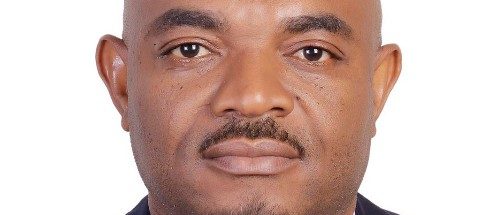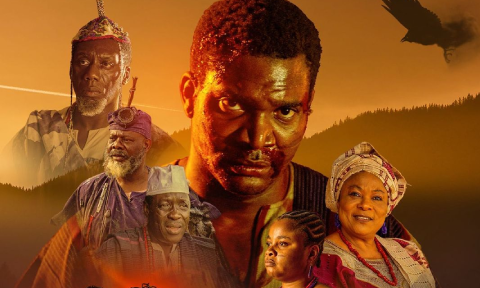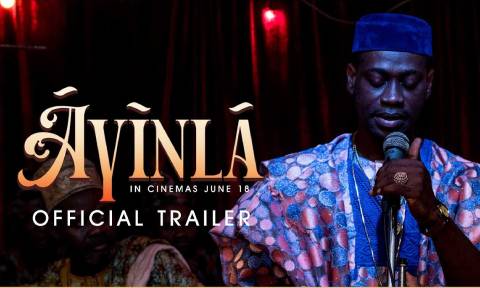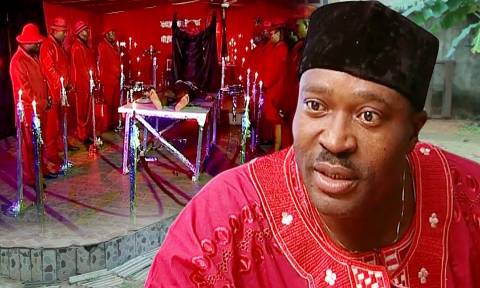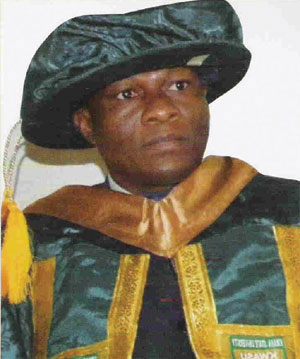
Kwara State University invites resource persons in Nigeria and beyond to join it in reshaping Nollywood
The newly established Kwara State University, KWASU, located at Malete in Moro Local Government Area appears to be leaving no stone unturned to be the first citadel of learning to establish a world class Film Village.
In pursuit of this goal, what has been tagged “ The KWASU Conferences/ Workshops series” that would take place at regular intervals have been put in place. The idea, according to the Vice-Chancellor, Prof. AbdulWaheed Na’Allah is to inaugurate a scholarly template for the university that would provide a space for the affirmation of the institution’s primary mandate, the production of knowledge, which would serve the university and the community at large. In essence, the series would be an integral part of the university community and the larger community in which the University is located. Besides, the University has already got a site for the Film Village while the site plan is also place.
On Wednesday 7 July, history was made at KWASU with the holding of the first in the series of such workshops at Kwara Hotel, Ilorin. The theme was “ Nollywood: A National Camera? An International workshop.” The inaugural workshop attracted scholars of and practitioners in the Nollywood from North America, Europe and Africa with the intention of engaging in a productive dialogue about the importance of the cultural form across disciplines and from different theoretical and pragmatic positions.
Speaking at the opening of the 4-day workshop, the Vice Chancellor of the University, Prof. Abdulwahed Na’Allah did not mince words in expressing the determination of the University to contribute to the reshaping of the film industry, realising that a big industry like Nollywood is prone to many challenges and constraints.
He said: “What we wish to do as a University is to participate in reshaping Nollywood. As scholars, we have opportunity to train people who produce films in Nollywood, we have opportunity to train people who act in Nollywood films and we also have opportunity to train scholars who analyse, who try to explain what Nollywood is all about.”
More importantly, the VC said they are determined to bring Nollywood to campus, to be a permanent part of the University. Determined to make KWASU a world-class University, Na’Allah said they wanted a place where the producer can start from the beginning to the end, by putting together casting, editing to the finished product ‘‘here in Malete.”
He said: “We are embarking on a project and we are trying to invite private practitioners, private investors and individuals who are interested in supporting and working with us to establish the film village, and also to support the development of the school of Visual and Performing Arts.”
While declaring the workshop open, the wife of the Kwara State Governor, Barrister (Mrs) Oluwatoyin Saraki, who was represented by the wife of the Commissioner for Planning and Economic Development, Mrs Omolewa Abdulfatah Ahmed, who said she was a Nollywood fan, said “ Nollywood matters to us for different reasons but one thing is indisputable about this industry: it is ours. It comes from among us and has remained among us for well over 20 years.”
Commending the entrepreneurial spirit of the filmmakers and the ingenuity of the marketers and producers who go all out, against all odds, to make Nigeria proud and hopeful, Mrs. Saraki decried the many untapped potentials of the Nollywood. She was particularly miffed at the typical portrayal of women as mere sex symbols and evil agents in most movies, noting that this has failed to do justice to the reality that those Nigerian women currently contribute immensely to the development of the country.
She said: “It is important, therefore, that our movies reflect the reality of Nigeria women of today and also go ahead to insist that women are a key determinant of the development of a nation.”
The guest convener, Professor Onookome Okome described Nollywood as the finest cultural production that has made people proud. This, he noted, is because the industry has been an example of African Cinema being championed by the people for the people. He lauded the Vice- Chancellor for keeping the University local, noting that a University has to be local before it becomes global.
The first lead paper Presenter, Professor James Biyce of University of West Indies, Cave Hill, Barbados, West Indies spoke on Signs of femininity, symptoms of malaise: figurations of woman in popular video” where he explored the representations of femininity in Nollywood for the ways they potentially exceed the intention of film makers.
Also speaking on “ History, cyber space, border, and collective action: projects around Nigeria’s film culture”, Prof. Jonathan Haynes of Long Island University, Brooklyn, New York said, “ much can and should be done around Nigeria’s film cultures to strengthen, preserve, publicise, investigate and evaluate it”. There was also the presentation of a Arugba, a block-buster written by Tunde Koilani

